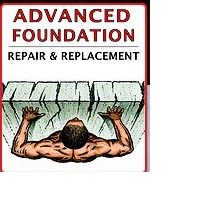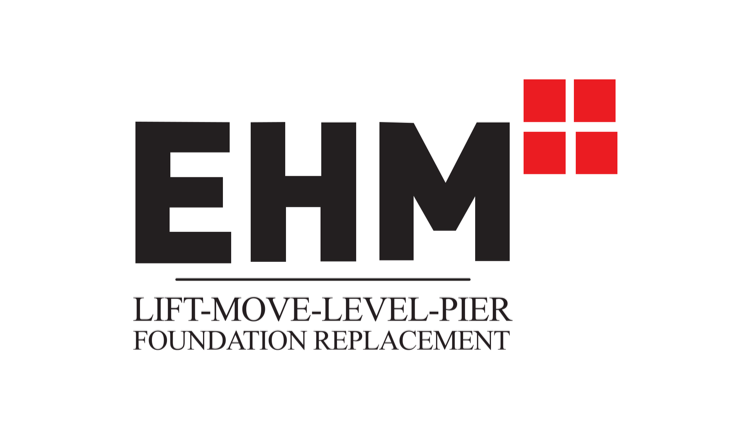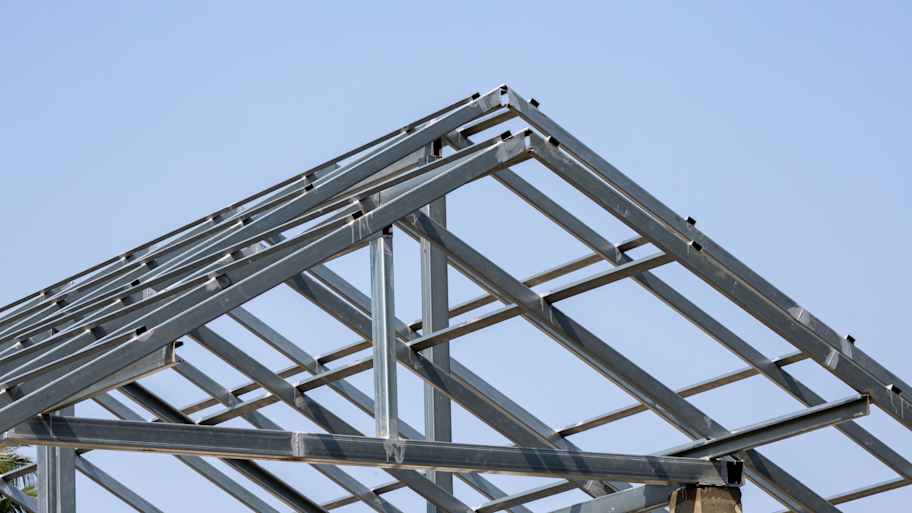
Get matched with top structural engineers in Cynthiana, IN
Enter your zip and get matched with up to 5 pros
Need a pro for your structural engineering project in Cynthiana, IN?
Verified Reviews for Structural Engineering pros in Cynthiana, IN
*The Angi rating for Structural Engineering companies in Cynthiana, IN is a rating based on verified reviews from our community of homeowners who have used these pros to meet their Structural Engineering needs.
*The HomeAdvisor rating for Structural Engineering companies in Cynthiana, IN is a rating based on verified reviews from our community of homeowners who have used these pros to meet their Structural Engineering needs.
Last update on January 07, 2026
Find Structural engineers in Cynthiana

Advanced Foundation Repair & Replacement
Advanced Foundation Repair & Replacement
We fix bowed walls, offer piering for foundation settlement and fix any & all foundation cracks. We also do structural repair.
We fix bowed walls, offer piering for foundation settlement and fix any & all foundation cracks. We also do structural repair.

EHM
EHM
EHM is a structural moving and elevating company that also specializes in foundation repair and replacement. We have been working in the Midwest since the Great Floods of 1993. We specialize in severely comprised foundation issues. We can elevate, level, pier or replace a wall or your entire foundation. We do not do mudjacking, waterproofing or minor crack repair.
"I did not get the service that we originally talked about I am very unhappy"
Donna S on August 2021
EHM is a structural moving and elevating company that also specializes in foundation repair and replacement. We have been working in the Midwest since the Great Floods of 1993. We specialize in severely comprised foundation issues. We can elevate, level, pier or replace a wall or your entire foundation. We do not do mudjacking, waterproofing or minor crack repair.
"I did not get the service that we originally talked about I am very unhappy"
Donna S on August 2021

JMCO TECHNOLOGIES
JMCO TECHNOLOGIES
JMCO Technologies is an engineering company out of Owensville, IN that works with local businesses and is also open to the public. We specialize in design, build, machining, welding and waterjet cutting. No job is too small or big. JMCO was founded in 2013 when the owners, Jim Martin and Clint Ott, decided to start their own business. We currently have 4 full time employees and grow more every year.
JMCO Technologies is an engineering company out of Owensville, IN that works with local businesses and is also open to the public. We specialize in design, build, machining, welding and waterjet cutting. No job is too small or big. JMCO was founded in 2013 when the owners, Jim Martin and Clint Ott, decided to start their own business. We currently have 4 full time employees and grow more every year.
The Cynthiana, IN homeowners’ guide to structural engineering services
From average costs to expert advice, get all the answers you need to get your job done.

The cost of a structural engineer is easily justifiable given the value they bring to the table. Use this guide to see what hiring your professional will total in Columbus, OH.

The cost of a structural engineer is easily justifiable given the value they bring to the table. Use this guide to see what hiring your professional will total in Phoenix, AZ.

The cost of a structural engineer is easily justifiable given the value they bring to the table. Use this guide to see what hiring your professional will total in Baltimore, MD.

Steel beams are critical framing components that support your house. Learn about steel beam sizes and how to determine what size steel beam you need.

A squeaky floor may just be an annoyance, or it may signal a structural problem. Learn when to be concerned about a squeaky floor.

Do you have an upcoming construction project and aren’t sure whether hiring a structural engineer vs an architect is better? Find out here.
- Roofing in Cynthiana
- Fencing in Cynthiana
- Flooring in Cynthiana
- Mold Testing And Remediation in Cynthiana
- Home Security Systems in Cynthiana
- Cleaning in Cynthiana
- Siding in Cynthiana
- Carpet Cleaning in Cynthiana
- Kitchen And Bath Remodeling in Cynthiana
- Roofing in Cynthiana
- Plumbing in Cynthiana
- Tree Service in Cynthiana
- Kitchen And Bath Remodeling in Cynthiana
- Electrical in Cynthiana
- Pest Control in Cynthiana
- Fencing in Cynthiana
- Landscaping in Cynthiana
- Lawn And Yard Work in Cynthiana
- Siding in Cynthiana
- Concrete Repair in Cynthiana
- Flooring in Cynthiana
- Garage Doors in Cynthiana
- Driveways in Cynthiana
- Windows in Cynthiana
- Gutter Cleaning in Cynthiana
- Home Builders in Cynthiana
- Pressure Washing in Cynthiana
- Cleaning in Cynthiana
- Handyman Service in Cynthiana
- Insulation in Cynthiana
- 🌱 "Mow a small front yard"
- 🛠 "Fix a leaking pipe under the sink"
- 🏠 "Repair shingles on an asphalt roof"


